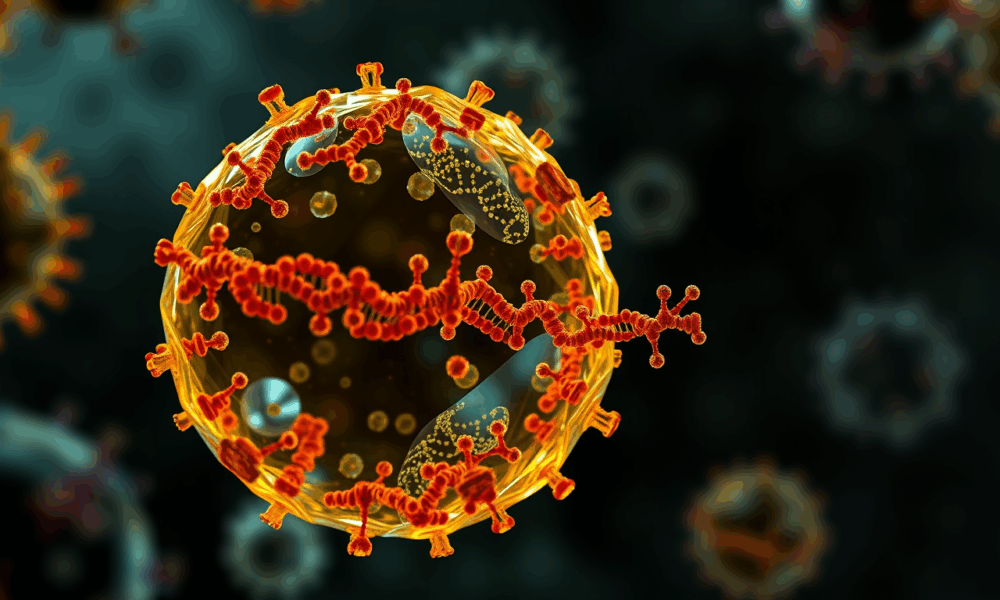
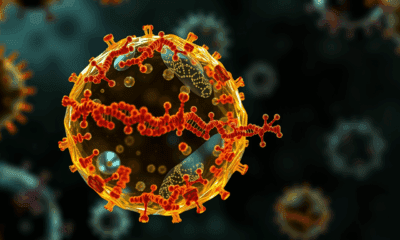

Scientists in Japan have discovered a genetic "silencer" within the HTLV-1 virus that helps it stay hidden in the body, evading the immune system for decades....



Scientists at Columbia Engineering have developed an injectable hydrogel made from yogurt-derived extracellular vesicles (EVs) that could revolutionize regenerative medicine. These EVs serve both as healing...



Scientists at the University of Toronto have developed a new non-stick material that rivals the performance of traditional PFAS-based coatings while using only minimal amounts of...
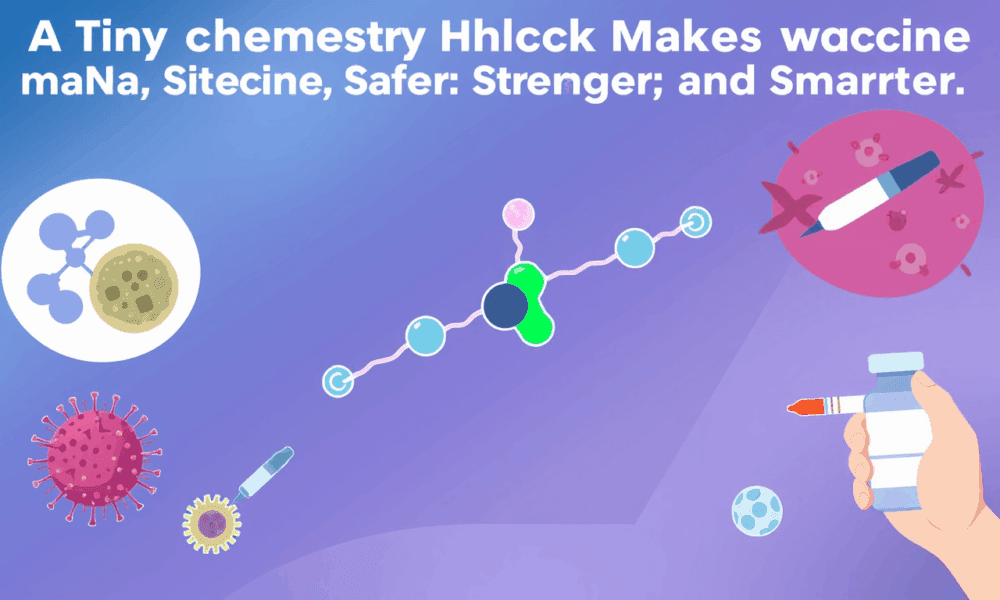
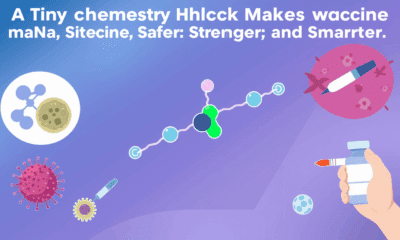

What if mRNA vaccines could be made more powerful and less irritating? Scientists at the University of Pennsylvania have found a way to do just that—by...



A cat named Pepper has once again helped scientists discover a new virus—this time a mysterious orthoreovirus found in a shrew. Researchers from the University of...
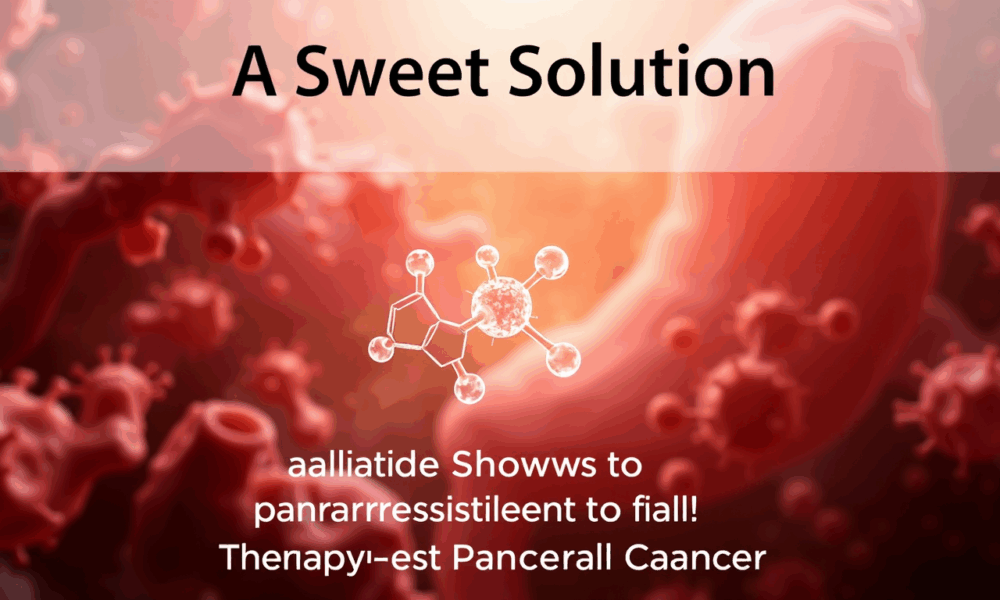
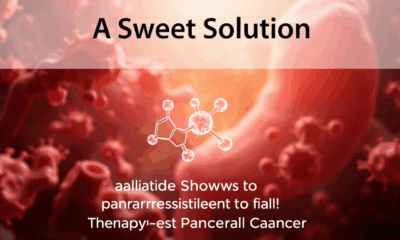

A compound best known for giving almonds and apricots their aroma may be the key to defeating hard-to-kill cancer cells. Japanese researchers found that benzaldehyde can...
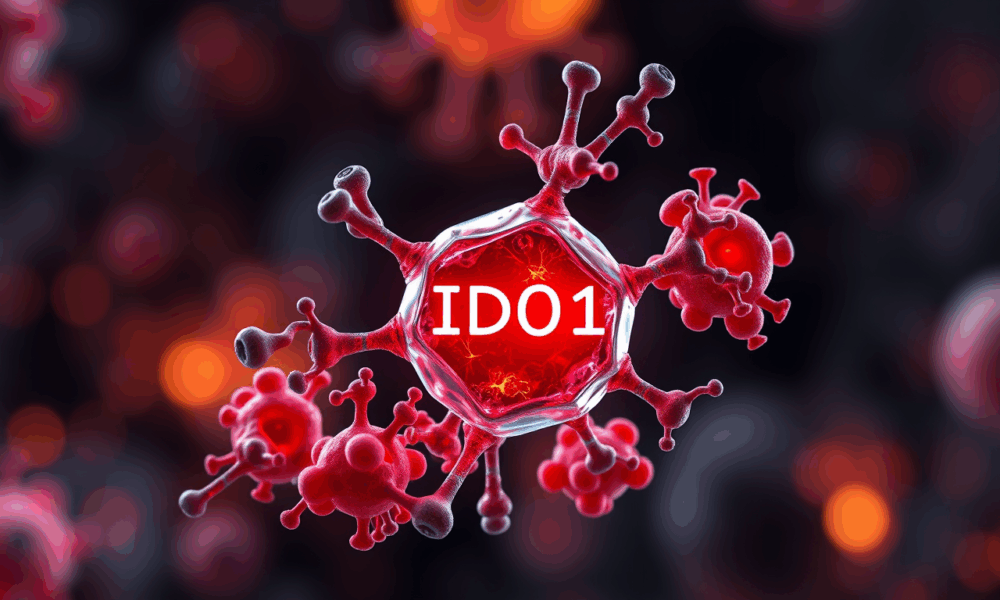
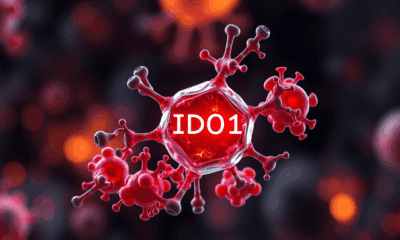

Researchers at UT Arlington have discovered a key enzyme, IDO1, that when blocked, helps immune cells regain their ability to properly process cholesterol—something that breaks down...



Recycled plastic pellets can release a hidden mix of over 80 chemicals into water, disrupting hormones and fat metabolism in zebrafish larvae. Researchers warn that unknown...



Fresh concerns have emerged about the platelet studies underpinning the FDA approval of ticagrelor, AstraZeneca's multibillion-dollar heart drug. A new BMJ investigation reveals data discrepancies, missing...



A new survey shows most Americans wrongly think testicular cancer is an older man's issue, despite it most commonly affecting men aged 20 40. Early detection...